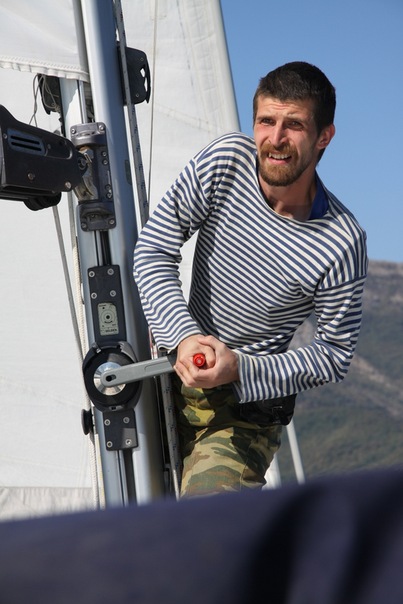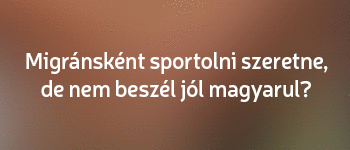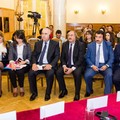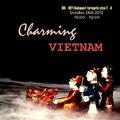By Valeria Dauchalevich

Our identity is often tied to our motherland. But how can one identify self if equal parts of his or her life belong to two different cultures?
To get a step closer to the answer I met Leonid, an immigrant from a Russian town, not small neither big. He moved to Budapest as a teenager 13 years ago, with his family, who came to Europe for a better life. After almost half a life spent in Hungary he gave me an interview about his experience.
Leonid was educated in a Russian-Hungarian gymnasium, where the teachers and students spoke both languages. After he attended a Hungarian university. Leonid didn’t experience any troubles adapting to the new environment, neither felt much discomfort because of culture differences. He learned Hungarian language quickly: ‘Unlike most of my friends, I was never intimidated by my low level of Hungarian. I rushed forward to practice and learn about Hungarian culture and history’, - claimed Leonid. Nevertheless he has never been fully integrated in the society: the traditions and habits in the family and social style remain Russian.
Having both Hungarian and Russian friends, Leonid told that there is a difference between nationalities, people’s habits and behavior. ‘Hungarian people are used to say thank you for every little thing, whereas a Russian would appreciate something naturally, but wouldn’t feel need to thank’, - Leonid brought an example. ‘But those kind of things you learn in a minute. Afterwards it is only important to be aware of it’, - he confessed that it took a while to accept the differences without judgment and questioning. ‘But afterwards it became really easy for me to find myself comfortable in any group of people, whether Russian or Hungarian.
Leonid shared with me that before the more or less mature age of 18 he felt himself Russian, and couldn’t wait to reunite with his homeland. But this year his understanding changed: for the first time since relocation he went for a long trip to Russia. Unexpectedly, in his hometown he didn’t find the feeling of satisfaction, but instead realized that he doesn’t fully belong to any of the places, and it the same time both countries are homes for him. In Russian he felt Hungarian, and in Hungary - Russian. ‘I am a man with no motherland’, told Leonid, and added that there is nothing sad about it, since he feels good everywhere. ‘Wherever you live you will find good and bad people, who will understand or neglect you’, - he said, and added that since then he is positively careless where his life brings him.
Talking about the future, Leonid said that he would like to teach his children the wisdom from both cultures, and his experience: there is no better home than the planet Earth. Keeping ethnic Russian traditions is great but what really matters worldwide is to bring up a good man.







